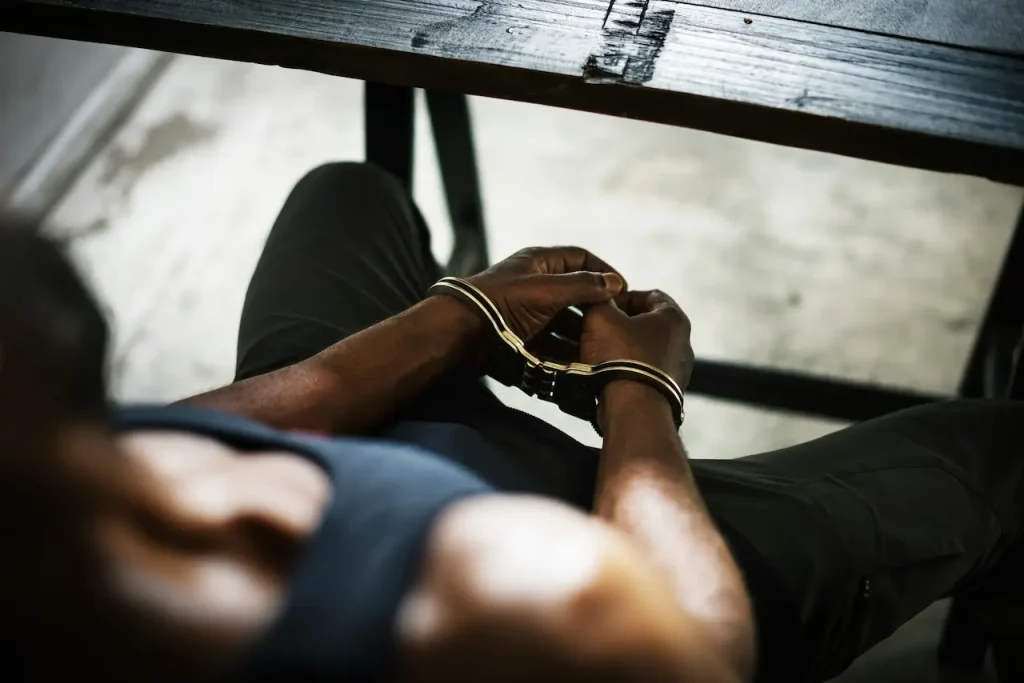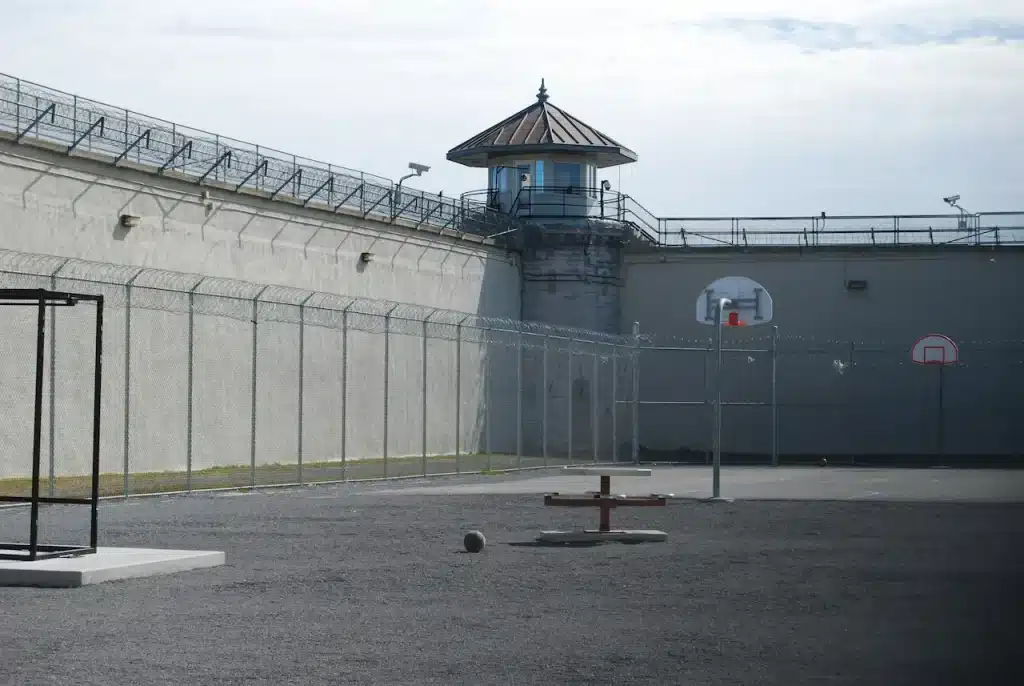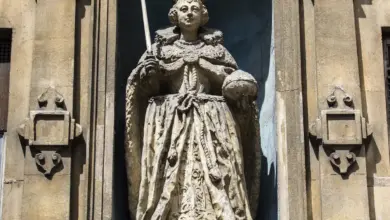In 1985, Bali was still a paradise to many Australians. It offered cheap beer, motorbikes racing through rice paddies and temples with incense and smoke. For one man, the postcard-perfect image of Bali was shattered in the dusty halls of Denpasar Airport.
Chris Parnell was arrested in that same year, for allegedly trying to smuggle into the island 12 kilograms worth of hashish. It was not only a legal case that followed, but also a journey into chaos and madness, both real and staged, as well as an 11-year journey through the dark underbelly of Indonesia’s prison system. This involved not just one but two escape attempts. It also included time in a psychiatric hospital and a moment when he was declared dead.
He survived.
The story of Blocked in Bali is a true story that tells the tale of a man’s struggle, as well as the tensions between Southeast Asian laws and Western tourists, dreams and nightmares, and freedom and fate.

The Arrest: Busted in Bali
Parnell was arrested in an instant, at what many travellers fear. The sudden flash of officers in uniform, the barking of orders in another language, and the horrifying realisation that you have nowhere to hide.
Customs officers stopped Parnell at Denpasar’s Ngurah Rai International Airport, a place that now hosts millions of tourists every year. In his luggage, 12 kilograms of hashish were. It is unclear whether the man knew what he had in his luggage or if he’d been set up. It is not disputed that he was taken into custody immediately.
By the mid-1980s, Indonesia was already known for its harsh punishments against drug offenders. It wasn’t a slogan, but a crusade that was often met with harsh judicial action. Parnell, a young Australian living in a country that has radically different cultural and legal norms, found himself suddenly in one of the most difficult places to be accused of smuggling.
The Madness Gambit
Parnell, facing the horrors of Indonesia’s legal systems and the imminent threat of the death penalty, made an audacious and desperate move: He pretended to be crazy.
It was a gamble. It was his erratic behaviour that convinced the authorities to move him from the main prison to a psychiatric facility. At first, this seemed like a brilliant idea. Escape from an asylum could be easier than from a prison as fortified as Kerobokan.
Parnell, however, underestimated the physical infrastructure. He tried to escape by climbing up the roof, probably thinking that the old building could offer him a way out. He crashed through the ceiling and fell back into the ward from which he had been trying to escape.
The attempt failed, humiliated and wounded. It was the start of a new pattern. Parnell would not be defeated without a struggle.
The Trial and Life Sentence
Parnell’s trial began in the months following. He was found guilty, despite his repeated claims that he had been manipulated.
In Indonesia, life can be defined as a single word. Foreign prisoners face the additional burden of navigating an Indonesian system that is rife with corruption, lacks adequate legal representation, and is unable to hear appeals. Parnell faced the possibility of death behind bars thousands of kilometres away from home.
He was sent to Kerobokan Prison, a sprawling and chaotic facility located just outside of Seminyak, the popular tourist destination. Kerobokan Prison is notorious for housing prominent inmates, such as members of the Bali Nine or Schapelle Corby. In the 1980s and 90s, Kerobokan’s reputation was already sour.
Overcrowded cells with rats. Guards who could be bought. Inmates arranged themselves in power hierarchies. And even worse: violent gangs that enforced brutal rules.
Parnell came into this world as an alien, vulnerable and alone. He also had a bullseye tattooed on his back.

The Woman in the Mirror – Second Escape Attempt
Parnell, undeterred by the failure of his previous escape attempt, attempted to make another great escape – this time in a disguise which could only be described as audacious.
He dressed like a woman.
It wasn’t a hasty costume. Parnell was fully involved, wigs, clothes, makeup, the whole works. The plan was straightforward: Walk out of the front gate at visiting hours and blend in with other inmates’ wives and girlfriends.
It seemed to work for a brief moment. He went through some checkpoints. But his disguise was eventually compromised–perhaps because of a suspicious look, a voice that didn’t fit or bad luck.
He was caught yet again.
These attempts were a sign of Parnell’s unwillingness to give in to fate. These were desperate, raw acts of a man who, rightly or incorrectly, believed that he was wronged and no one would come to his rescue.
The lowest point: Death in the Morgue
Parnell’s worst prison experience came when he got caught up in a violent attack within the prison. Details are murky, as is much of what goes on behind prison walls. But what is clear is that Parnell has been beaten within an inch of his life.
He was so badly injured that he was pronounced dead and sent into the prison morgue.
This story does not end with a dead body.
Parnell, who was found to be barely alive, is still astonished. It is unclear if a morgue attendant detected faint breathing or if it was discovered before autopsy. He survived. This is yet another example of defying the odds and a system that was determined to break him.
The lowest point of his 11-year ordeal was reached at this moment. This was not about escape or protesting innocence. Survival was the only goal.
Bali’s Changing Landscape
While Parnell was suffering behind prison walls, Bali transformed.
Tourism boomed in the 1990s. Kuta was a popular destination for backpackers and surfers. Ubud was popular with spiritual seekers before Eat, Pray, Love became fashionable. Nusa Dua, Seminyak and Nusa Dua became home to luxury resorts. The image of the island, with its sunsets, ceremonies and friendly smiles, was in stark contrast to its darker justice system.
But for travellers, tales like Parnell’s serve as a grim reminder: Bali may be paradise, but the place is not without law. The penalties for breaking the laws here, particularly in the area of drugs, have been and still are devastating.
A Presidential Pardon
Chris Parnell received a pardon from the president in 1996 after 11 years of suffering, madness and violence.
It is not entirely clear what the exact reason was. Maybe it was diplomatic pressure from Australia. Indonesia may have viewed him no longer as a threat. Maybe the ordeal was simply too long.
The effect was immediate. Parnell was freed from prison and able to return home. An old man, once declared dead, is now reborn in a world that has long forgotten him.
Aftermath & Legacy
Parnell returned to Australia and tried to rebuild his own life. Reintegration was not easy. The psychological scars were deep. Years of living in harsh conditions, with danger, distrust, and isolation, are not easily forgotten.
His story was told in interviews, documentaries and articles. He became part of the long list of foreigners–especially Australians–whose encounters with Southeast Asian justice became international headlines.
Parnell’s story is not just about the crime or the sentence. Or even the bizarre attempts to escape. It’s the sheer perseverance. Refusal to give up. Unbreakable threads of human survival in the face of seemingly impossible odds.
A warning and a reflection
Bali is still a favourite destination for Australians. Every month, tens of thousands of people flock to Bali, attracted by the mix of mysticism with margaritas. The island is a place full of contrasts – beauty and danger, freedom or restriction.
Parnell’s tale is more than a cautionary story about drugs. This story is a window to the complexities of cultural misunderstanding, legal differences and the harsh reality of prison in foreign lands.
This also raises uncomfortable questions. Was he guilty? Was he just a pawn? What would you have done in his place?

Final Thoughts
“Busted in Bali ” is more than a headline. It’s an incredible story of human failure, survival and redemption. Chris Parnell became a tragic story of what can happen when paradise becomes a prison.
This journey shows us that travel is not only a way to escape and open our minds, but it can also be a means of opening up.
We are exposed to many risks that we don’t even consider until it is too late.
The most disturbing lesson of all is perhaps this: The human spirit can burn brightly even in the most difficult circumstances.




